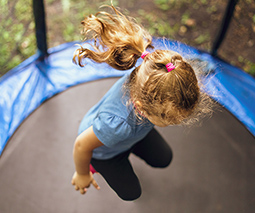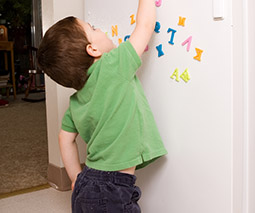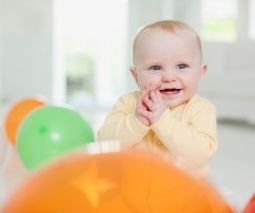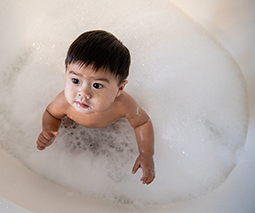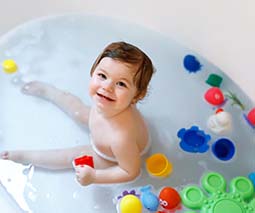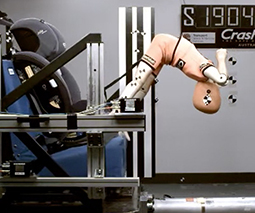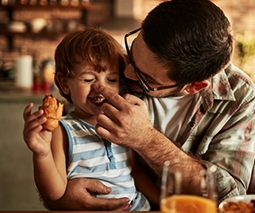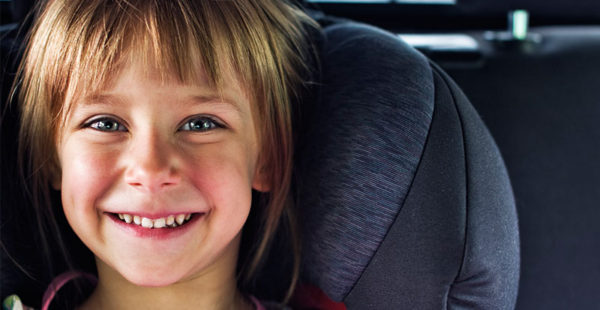6 important safety lessons for preschool children
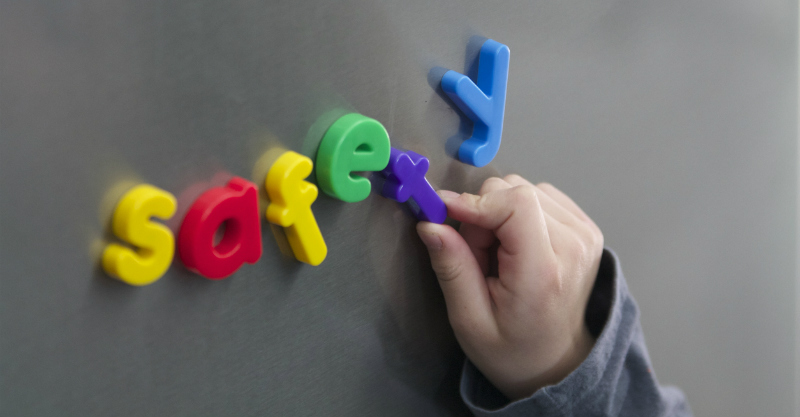
The world is a magical and marvellous place, but it’s not always plain sailing when it comes to keeping our kids safe.
Luckily, children are like little sponges, soaking up ideas and at the ready to learn interesting things each day. Commonsense, simple safety lessons reinforced consistently each day will help little people stay safe.
Which ones should you concentrate on? Here are six areas we think all preschoolers need to know.
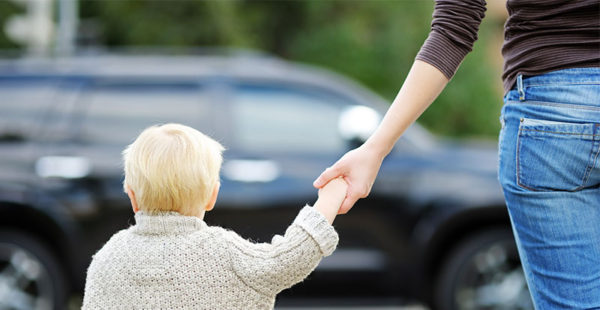
1. Road and driveway safety
As you go about your day with your child, it’s important to notice and make sense of the world around you together. This is especially true when you are walking together near roads or carparks.
- Stop, look and listen when near roads, stepping out of cars or within carparks.
- Hold hands at all times near roads, cars and carparks.
- Obey traffic lights and crossings.
- Move slowly – don’t run – near carparks, roads and cars.
- Don’t ride bikes or other ride-on toys on the road or around the driveway.
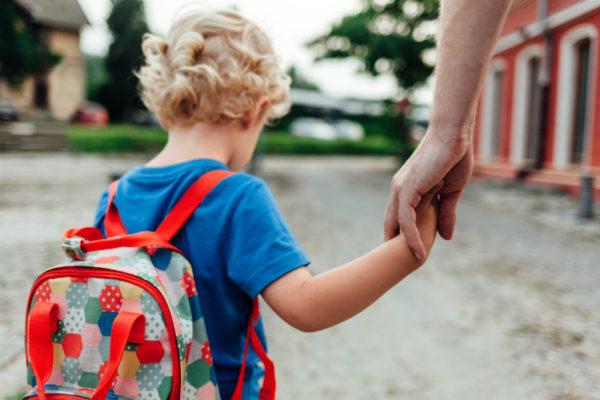
2. Safety around the home
Home is a lovely retreat and a place to grow and learn. Of course, many hazards are sensibly stored away from little hands, but you can keep your kids even safer by making them aware of why they ought to avoid dangerous things.
- Don’t touch sharp things – Discuss the kinds of household objects that might be sharp and dangerous to kids. Think knives, tools, scissors, sewing needles, razors. Make a game of identifying these hazards and teach your child to get help from an adult if they need to navigate any spiky or sharp things.
- Don’t touch electrical things – Point out which things use power and teach your child to ask for help if they need to use electrical appliances.
- Don’t touch things that may be hot – Talk about hot zones in your house and teach them to avoid touching ‘hot zone’ objects. This might include stoves, hot taps, ovens, toasters, kettles, heaters, hair straighteners, coffee machines and fireplaces.
- Don’t touch medicines or chemicals – Talk to your child about how interesting chemicals and medicines can look, but how potentially harmful they can be. Make them aware that these kinds of substances can be lethal and never to taste or eat them.
- Don’t climb on unstable surfaces – If you need to reach something high, ask a parent or adult – no abseiling up shelves or teetering on chairs allowed!
3. Cars and driveway safety
Children and cars can be a tricky combination, but simple rules can make everyone safe.
- Treat the driveway like the road – Driveways are not play areas and kids that play in driveways are at significant risk of injury because of their small size and the danger of not being seen by drivers. A blanket ‘no driveway play’ rule makes sense and improves driveway safety.
- Never play in the car – Accidents do happen around vehicles, so teaching your child that the car is not a playground will minimise the risk of injury to themselves.
- Always buckle up – Never negotiate with your child about using the appropriate child safety restraint. Buckle-up or stay home is the rule.
- Never play with car keys – Never let kids play with your car keys. Not only do keys provide access to a very large and dangerous set of wheels, kids can also use them to accidentally lock themselves in the car – a distressing and potentially hazardous situation.
- Hold hands when getting in and out of the car – Driveways, street parking and car parks are dangerous places for children. Always hold hands when packing kids in and out of the car, to ensure that everyone is safe and sound.
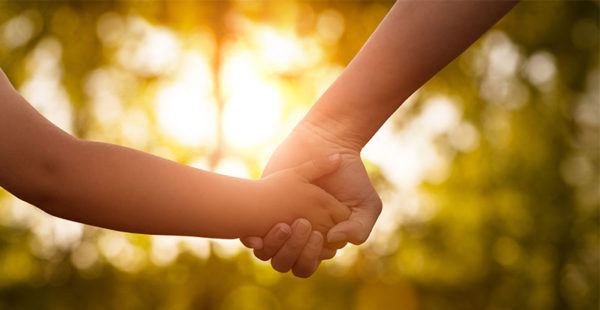
4. Fire safety
Chances are you won’t have a fire at your place any time soon, but kids need to know what to do if there is a fire.
- Get down low and go, go, go – The “Get down low and go, go, go” response to smoke and fire may be a lifesaver. Run a fire drill at your place and work on these safety-first rules together.
- Don’t play with matches or lighters – Obviously you’re not going to leave matches or lighters around where kids can access them, but it’s still important to let kids know that these items are out of bounds.
- Call 000 – Teach your child to call 000 in an emergency. An app like Triple Zero Kids’ Challenge can help them learn more about emergency calls.
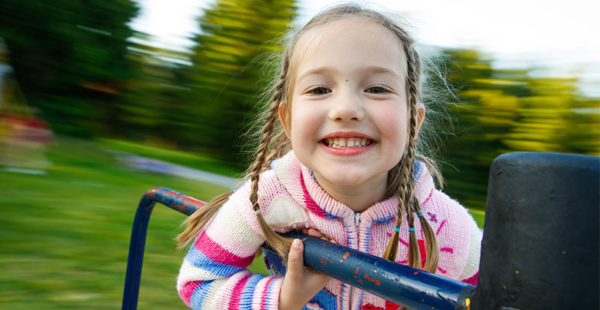
5. Stranger safety
While most of the real hazards in our kids’ lives don’t come from strangers, it’s really important to have your own stranger danger rules.
- Don’t talk to strangers – Find a parent or a trusted adult immediately if someone you don’t know approaches you.
- Don’t answer the front door – Let a parent or the adult in the house know someone is at the door.
- Don’t get into a car with someone you don’t know – Find a parent or trusted adult immediately instead.
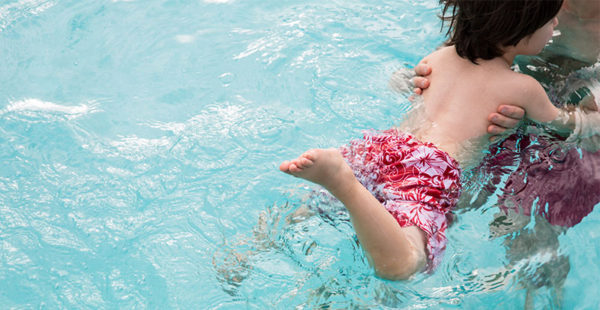
6. Water safety
Children under five are the age group most at risk of drowning and as we are reminded every summer, these incidents commonly occur in home swimming pools.
- Talk to your kids about why water safety rules are vital and life-saving.
- Never go near water without an adult – no matter what! Teach your kids that swimming is a fun, group activity not something to be tackled alone.
- Never climb pool fences – even if it seems like a great trick, explain the risks involved.
- Be water-wise! Point out water hazards together – bath tubs, buckets of water, ponds, lakes, rivers, dams and talk about the non-negotiable importance of having an adult handy for all water play or water adventures.
Some thoughtful chats and open discussion with your child, combined with your usual cautious approach will go a very long way to keeping everybody happy and healthy.
(This is a sponsored post for Transport for NSW)
